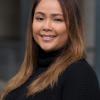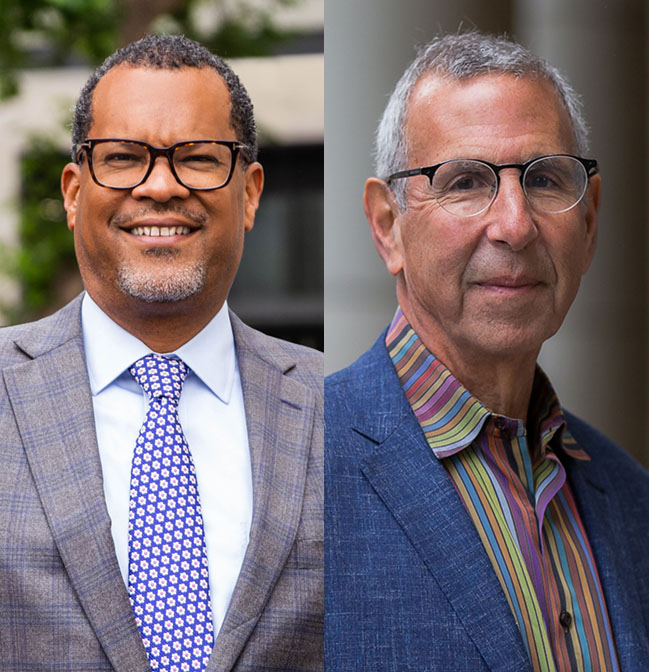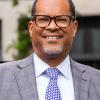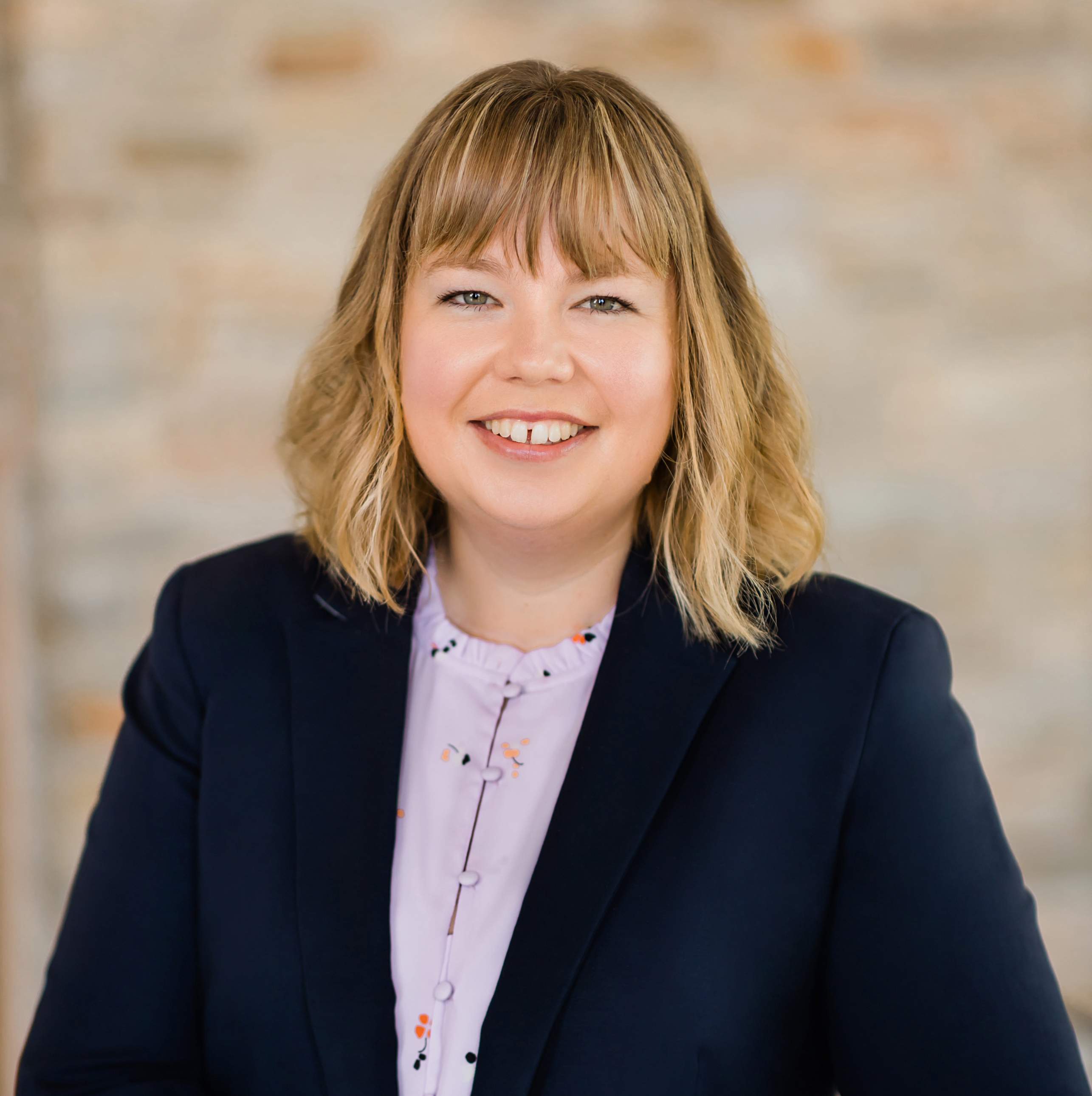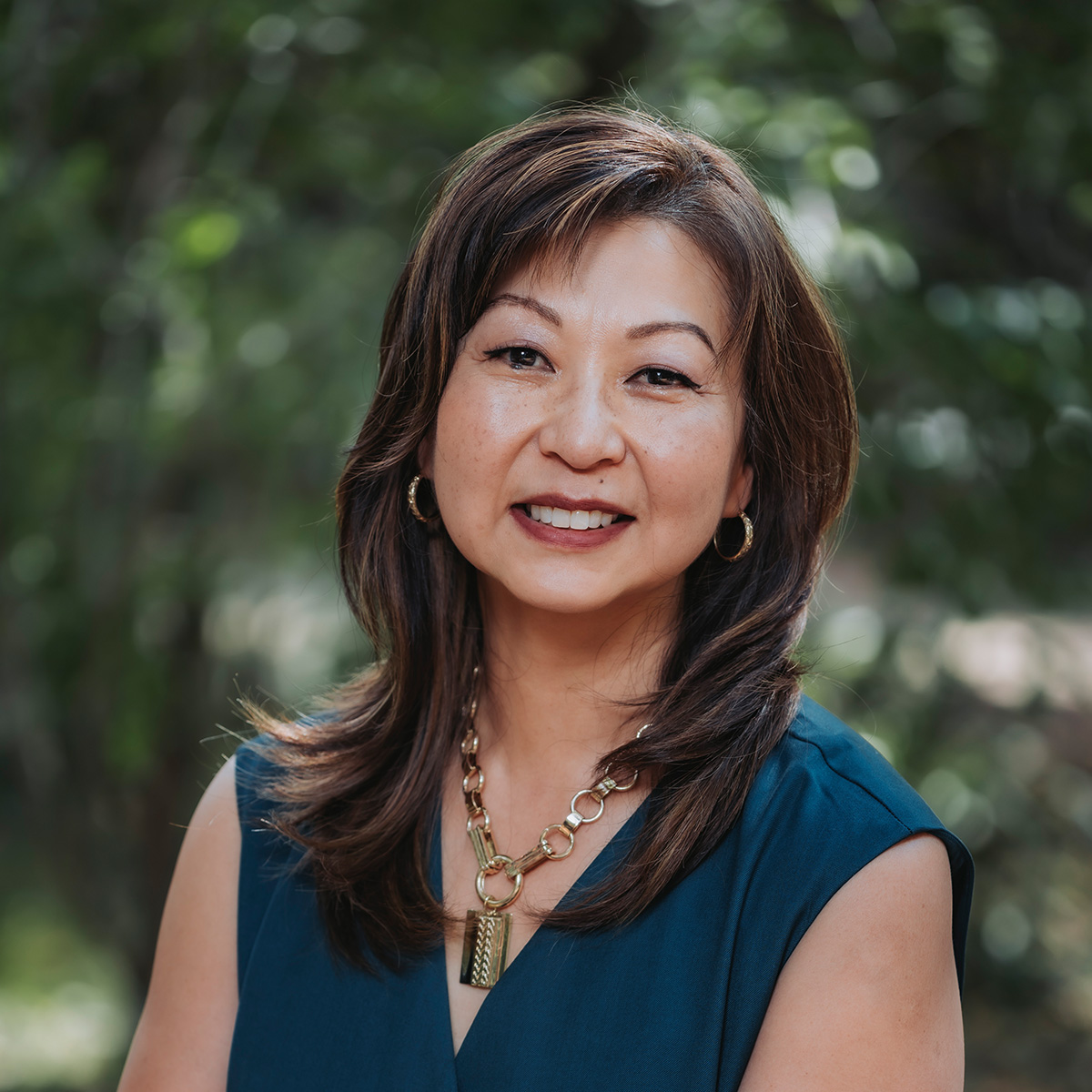Practice Lab: Youth Participatory Grantmaking
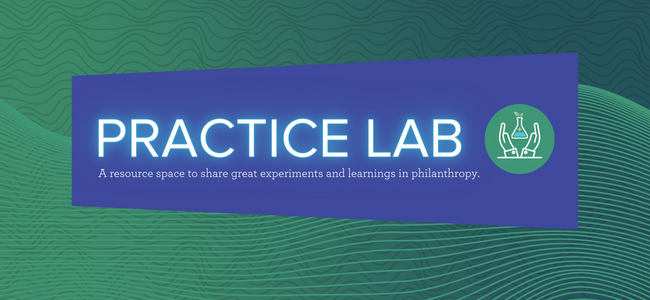
NCG's Practice Lab is a resource space to share great experiments and learnings in philanthropy. The Lab focuses on actions that experiment and takes risks, fails forward with lessons learned, and lifts up equitable best practices.
The Generational Recovery Fund was a practiced example of a youth participatory, trust-based grantmaking process. The Fund granted $2,420,000 dollars to provide and expand wellness, academic learning, and workforce services for BIPOC youth in San Francisco and Oakland as they navigate their recovery from the harms of COVID-19.
NCG's Sarah Frankfurth chatted with Pui Ling Tam and Chrissy Sa about the Fund and lessons learned. Pui Ling Tam led the initial funder organizing to launch the Generational Recovery Fund, and Chrissy Sa and Pui Ling Tam served as Advisory Group Members throughout the life of the Fund. Watch and read more about the experience of leaders and youth participants from the fund below.
Sarah Frankfurth: How did you center the communities you are hoping to serve in your experiment?
Pui Ling: We listened to community members, youth and adults, from the first days of lockdown (March 2020), about 50 from Oakland and San Francisco who participated in the WEHF Learning Labs that year. The Generational Recovery Fund was a direct response to issues and concerns they brought up, from what youth needed to face the isolation and despair, to how nonprofits had to navigate to provide service to their communities and sustain themselves.
Chrissy: In our second round of funding, we invited Youth Together, a youth leadership and advocacy organization working with the Oakland Unified School District to participate in the decision-making process of the grantmaking. Youth then identified, researched, and had the decision-making power about which organizations would receive funding and the Fund’s leads supported their decisions.
Sarah Frankfurth: How can this idea be scaled or replicated in philanthropy?
Pui Ling: I’m a little cautious of scale – I just read this piece and believe, on first read, that I’m an advocate for deep scale, not fast and broad scale. With that caveat, hire youth. Learn from thoughtful, impactful practices like the Youth Power Fund. Also, operationalize trust-based philanthropy as so much of the grantmaking in this process was one version of that work.
Sarah Frankfurth: What would you change? What can you share about the process of collaboration?
Chrissy: Collaboration was central to the process for the Fund. Now, looking back, we could have gone even deeper with it.
While there were collaborative meetings with the youth and Fund organizers, we could have done more to build deeper relationships between the youth and partners to allow for more teaching and learning for all involved. Creating space for relationship building would set the youth up for more success in interviews with prospective grantees, get a holistic understanding of philanthropy, and education around the grantmaking process and how impact is measured.
Sarah Frankfurth: What advice or call to action do you have for other funders?
Chrissy: The sector has the resources to support more youth organizing and leadership development, especially for youth most impacted by systems of oppression. Youth can be supported to lead and transform their lives and communities. My call to action would be to collaborate more with young people and youth serving organizations within our institutions - give youth paid positions at foundations to serve on the board, inform grantmaking decisions, and overall strategy. Democratize power by pushing it down and sharing it, in this case with youth.
Pui Ling: Holding immediate response and long-term vision for transformation is key for philanthropy. Strategic thinking and plans are important, but are not enough alone. My call to action would be as a youth funder, or funder of people, we need to find genuine ways to be directed, led, and mentored by young people. Avoid tokenization. Ask and compensate experts in that work (ie. youth and youth development organizations) for advice or leadership. Learn and act with youth and organizations who serve them well.
Sarah Frankfurth: What lessons would you share with the field?
Pui Ling: We chose to bring in partners who knew the work but did not invest in the project. This seemed to help the collaboration process as there was support without any ownership of the outcomes.
Lastly, we all have a part to play in social change, transformation, and better futures for youth and all. Determining what part we can play as individuals and as representatives of our institutions alongside partners can be transformative.
The fund was supported by: Crankstart Foundation | Eat. Learn. Play. Foundation | Genentech | Lisa & Douglas Goldman Fund | Silver Giving Foundation | Someland Foundation | Walter & Elise Haas Fund | Battery Powered Foundation Hellman Foundation, John & Marcia Goldman Foundation, The San Francisco Foundation, Oakland Thrives.
The pooled fund was held at The Amalgamated Foundation and was facilitated by Northern California Grantmakers

